 With the rapid rise of Airbnb and similar share economy businesses in NZ and across the world, the way we use and utilize our assets is forever changing (in a good way).
With the rapid rise of Airbnb and similar share economy businesses in NZ and across the world, the way we use and utilize our assets is forever changing (in a good way).
Airbnb is a fantastic way to earn some extra income utilizing spare space in your home. However, in the eyes of “The Revenue” (IRD) you’re providing short term accommodation and thus must declare your Airbnb income or risk bringing down the wrath of the IRD (they aren’t actually that bad, but the hold music…)
The good news, as with an investment/rental property, you can reduce the amount of tax you are liable for with expenses incurred in providing the service. In some cases, you may even get a refund from other income. It’s advised you engage an accountant or tax agent as your individual situation may vary to the norm. A list of Accountant and Tax Agents can be found on the SBA website.
Below are some important things you need to do when it comes to you and your taxes.
Keeping records
When it comes time to prepare your tax return or send information to your accountant or tax agent, having good records will make this process easier to manage. It is vital, as with any business, to keep good records and track your income and expenses.
As Airbnb collects payments and deposits this amount (minus their fee) directly into your bank, keeping track of income is easy. However, the expenses incurred in running your Airbnb are a little bit trickier. Keep clear and concise information so you aren’t relying on hundreds of lines of bank statements, invoices and receipts when working out your total deductible expenses.
The earlier you start tracking the easier and less stressful it’ll be when it comes time to file.
Claimable expenses
Anything you spend on providing the Airbnb service may be claimed as an expense. For shared expense (such as power, internet, etc.) it needs to be a fair and reasonable portion. Remember, don’t get greedy as the consequences of overclaiming outweigh the benefits.
Examples of expense:
-
A portion of your home utilities such as electricity, gas, internet, Sky TV, heating and security.
-
A portion of council rates, insurance, and interest.
-
Food and consumables (tea/coffee, toilet paper, etc.) that you offer your guests.
-
Cleaning and laundry.
-
Depreciation on chattels and appliances exclusively for guest use (e.g. Hair dryers, heater, refrigerators). Also, a portion of depreciation can be claimed on other shared chattels and appliances similar to claiming a portion of utilities.
-
Maintenance of your property. You also want your property to be in good shape, so a portion of your upkeep expenses such as gardening could be claimed.
Working out the portion of expense you can claim is a little tricky. As mentioned, it needs to be fair and reasonable. You need to consider:
-
Square-metre area exclusively used by Airbnb guess. This could be a room, sleep out, separate lounge or separate bathroom.
-
Square-metre of shared area used by Airbnb guest, such as kitchen, lounge, bathroom(s) or garage. There are two factor important when working out the shared portion 1) Total number of people sharing the house with the Airbnb guest and 2) Total days Airbnb is available to rent and occupied.
Once the shared portion is calculated add this to the exclusive portion used exclusively for by Airbnb guests and divide by whole area of the house (including garage).
Let me demonstrate with an example on how you’d work this out. Say my wife and I decide to list a guest bedroom on Airbnb, the portions are;
-
Total area of the apartment is 150m2
-
Total area of room to be used exclusively by Airbnb guest is 20m2.
-
Shared areas used by Airbnb guest add up to a total of 80m2
-
Number of people sharing the area is 3 (Wife, myself, and Airbnb guest). Simply Airbnb guest will use 33% of shared space/utilities.
-
Roomoccupancyis146outof365*days,so40%
-
The portion to may claim calculation is – 20m2 + (80m2 x .33 x .4) = 30.56m2. We than divide by total area of the house – 30.56m2 / 150m2 = 20.37%. We apply the 20.37% figure to claim a portion of expenses mentioned earlier, such as rates, insurance, interest, and utilities.
*this example assumes room was available to rent for the full 365 days of the year. If room was not available for part of the year, additional workings are required.
GST registration:
Whilst GST doesn’t apply to residential rent, it does to Airbnb. Airbnb falls into the category of providing short-term accommodation. Thus, the rules for GST apply – you must register and file GST if your turnover is $60,000 or more in the last 12 months or will be $60,000 or more in the next 12 months.
GST is calculated from your income, so if you’re going to be earning more than $60,000 from your Airbnb rentals, you need to factor in GST of 15% into your prices. You would apply similar apportionment method as above to claiming your expenses on GST filing.
Other Important Considerations:
-
With the example above, in the eyes of the IRD, you are providing short-term accommodation. ‘Mixed-use asset (Holiday home)’ rules do not apply. Guests are not classed as boarders and thus “weekly standard cost” rules also don’t apply. However, if you’re listing an entire house, then ‘Mixed-use asset’ rules do apply and calculations are different.
-
Recommend you put some income aside for future taxes and to help with cash flow. You don’t want to run out of cash when it’s time to pay tax.
-
Strongly consider using an accountant or tax agent. Not only will they make sure you’re paying the right amount of tax and complying with IRD filing, they can even save you more money than the fees (which is also deductible).
-
If you need help, talk to your local SBA branch.
-
Don’t be greedy when claiming expenses.
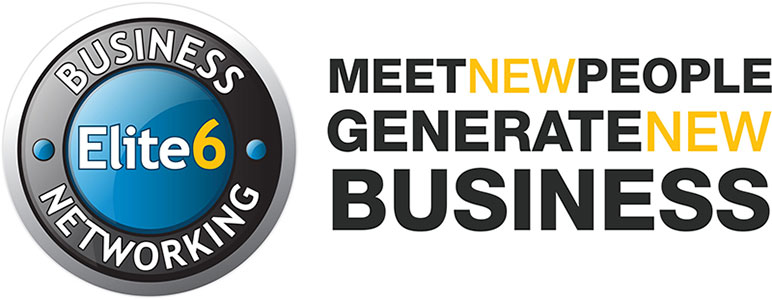
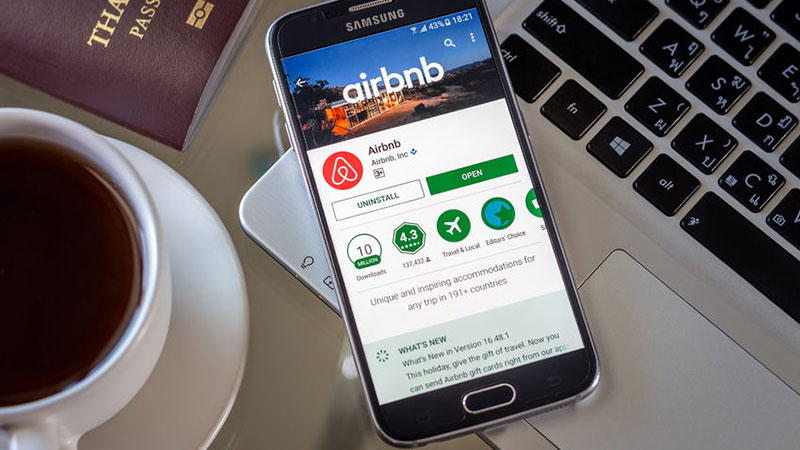
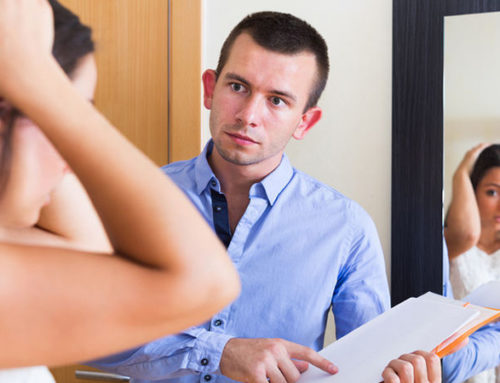
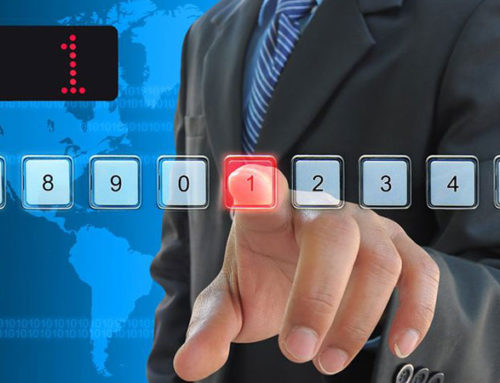
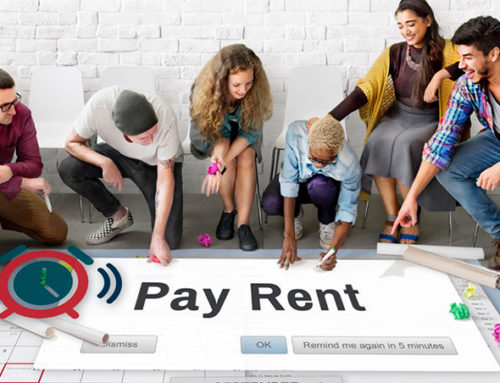











Leave A Comment
You must be logged in to post a comment.